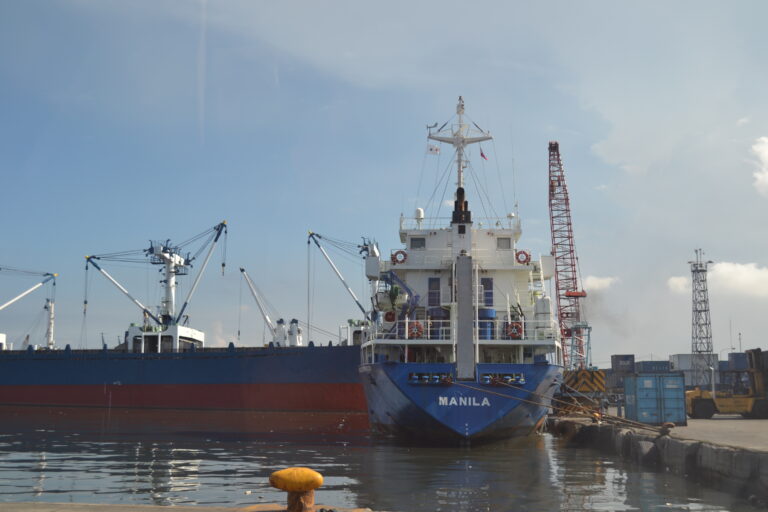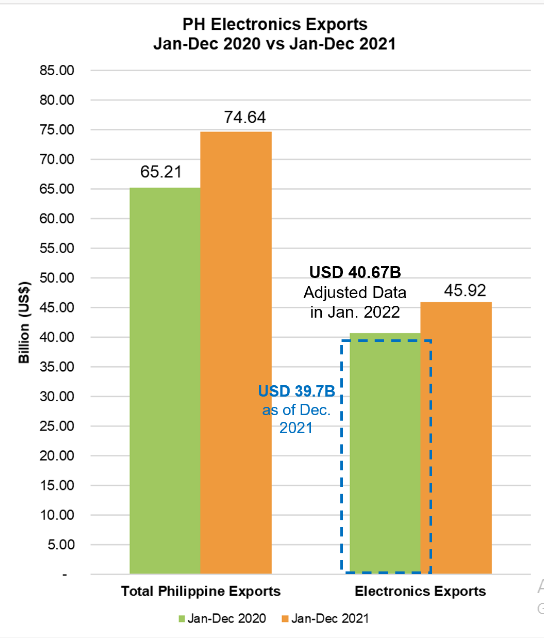- Congress on February 2 ratified the bicameral conference committee report amending the Public Service Act
- The measure will be transmitted to Malacañang for the President’s signature
- Under the measure public utilities are identified as distribution and transmission of electricity; petroleum and petroleum products pipeline transmission systems; water pipeline distribution systems and waste water pipeline systems, including sewerage pipeline systems; seaports; and public utility vehicles (including trucks)
- Any industry not on the list will remain as a public service and not bound by the 60-40 ownership principle
- The measure liberalizes, among others, telecommunications, domestic shipping, and the airline industry
Congress has ratified the bicameral committee report on a bill amending the Public Service Act (PSA) which relaxes foreign ownership restrictions on public services.
The development paves the way for the transmittal of the measure to Malacañang for President Rodrigo Duterte’s signature.
The Senate and Lower House in their respective sessions on February 2 approved the bicameral conference committee report harmonizing conflicting provisions of Senate Bill No. 2094 and House Bill No. 78 and proposing changes to the 85-year-old the PSA also known as Commonwealth Act No. 146.
The measures were earlier certified urgent by the President.
“Our overarching goal is to enhance competition, provide better quality services and create jobs,” Senator Grace Poe, Senate committee on public services chairperson and bill sponsor, said in a statement.
Under the measure public utilities are identified as follows: distribution and transmission of electricity; petroleum and petroleum products pipeline transmission systems; water pipeline distribution systems and waste water pipeline systems, including sewerage pipeline systems; seaports; and public utility vehicles (including trucks).
Any industry not on the list will remain as public services and will be liberalized and not bound by the 60-40 ownership rule under the Constitution.
Poe said the measure liberalizes, among others, telecommunications, domestic shipping, and airlines.
READ: Truckers: amended PSA Act to usher in stiff competition
“By easing the foreign equity restrictions in such industries, we are confident that our economy, which is lagging even behind our ASEAN (Association of Southeast Asian Nations) neighbors, will thrive and grow, and that more jobs will be created for our kababayans (countrymen),” Poe said in a speech on February 2.
The senator pointed out the liberalization of such industries “should not be misunderstood as an invitation for hostile countries to take advantage of our resources.”
She said “adequate safeguards and security provisions are in place to protect our national security and sovereignty.”
These include authorizing the President to suspend or prohibit any proposed merger or acquisition transaction, or any investment in a public service that will grant control to a foreigner or a foreign corporation.
Another provision prohibits foreign state-owned enterprises from owning capital in any public service classified as public utility or critical infrastructure.
Foreign nationals are also prohibited from owning more than 50% of the capital of entities engaged in the operation and management of critical infrastructure, unless their country accords reciprocity to Philippine nationals.
To ensure all public services in the country comply with the terms of their certificates and the relevant rules and regulations of the appropriate administrative agencies, Poe said the measure includes penal provisions with flexible amounts of fines to accommodate future developments.
“The ratified measure has made its intentions clear and unequivocal by adding a provision that says that ‘nothing in the bill shall be interpreted as a requirement for legislative franchise where the law does not require any’,” Poe said.
The measure also provides that “no person shall be deemed a public utility unless otherwise subsequently provided by law.”
Various business groups, industry organizations, and government agencies have been pushing for the passage of the bills amending the PSA to promote foreign direct investments and boost the country’s post-pandemic recovery.









